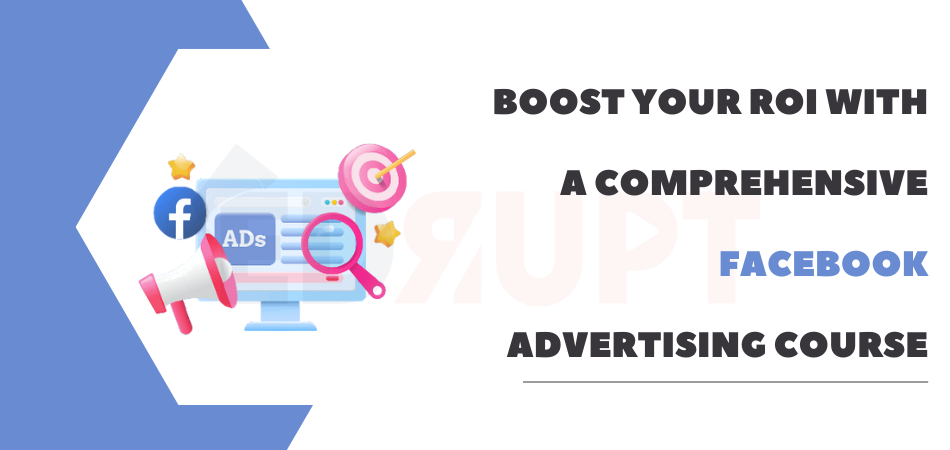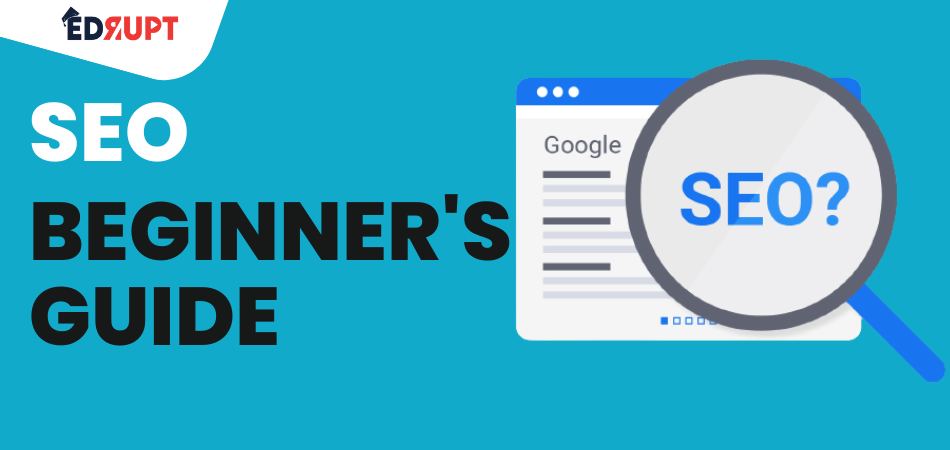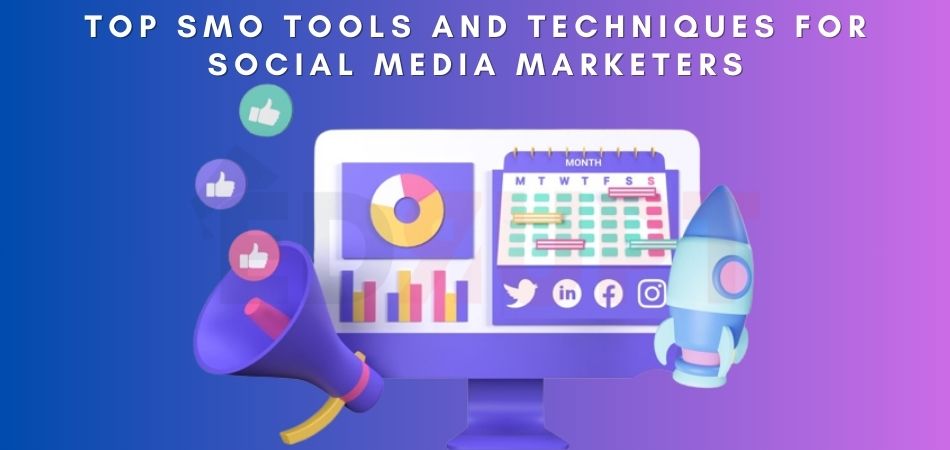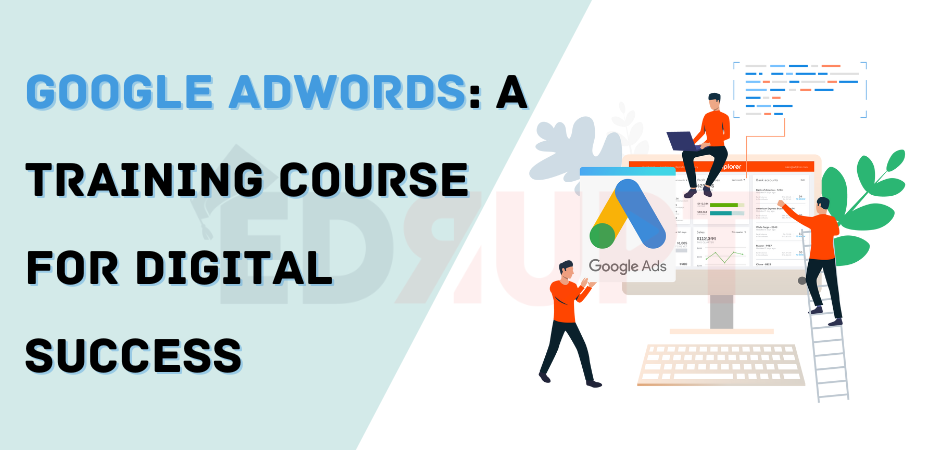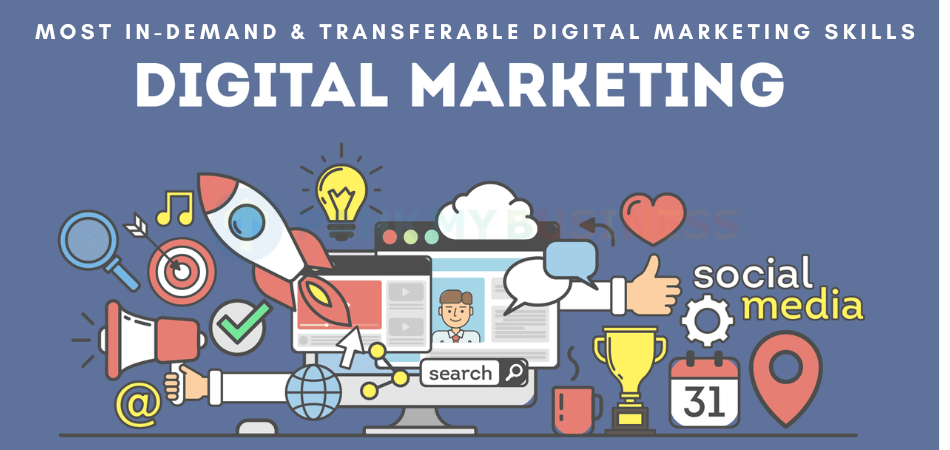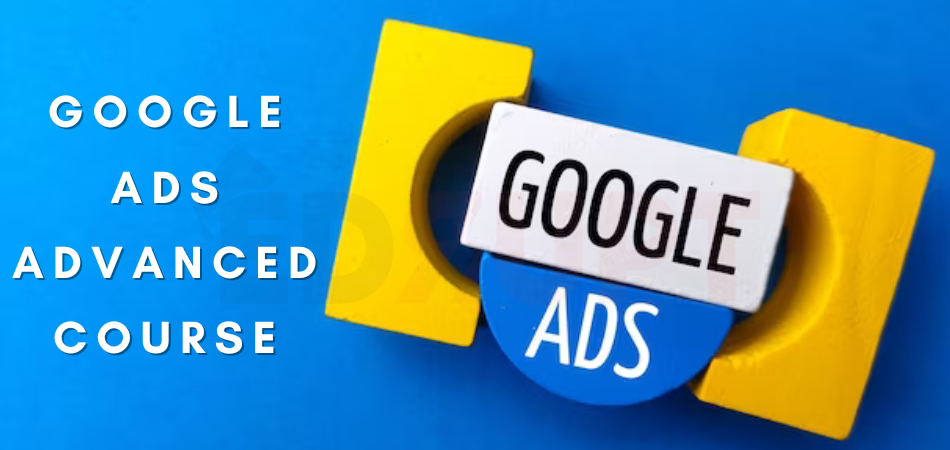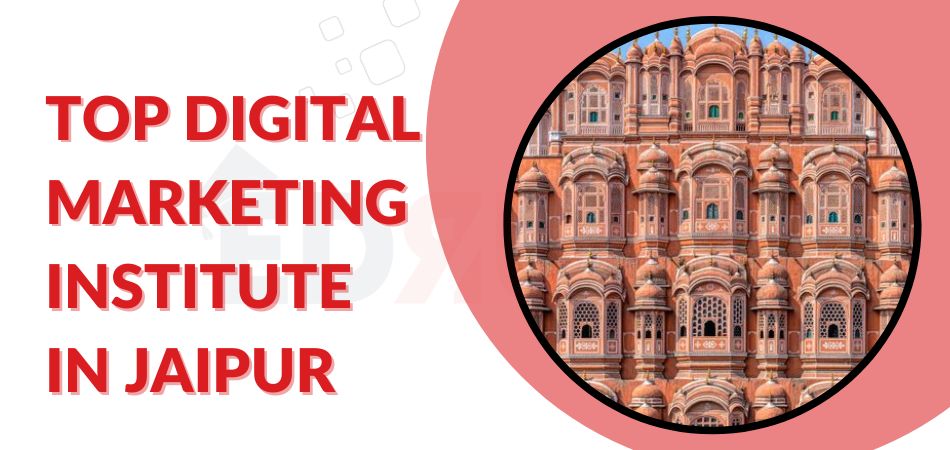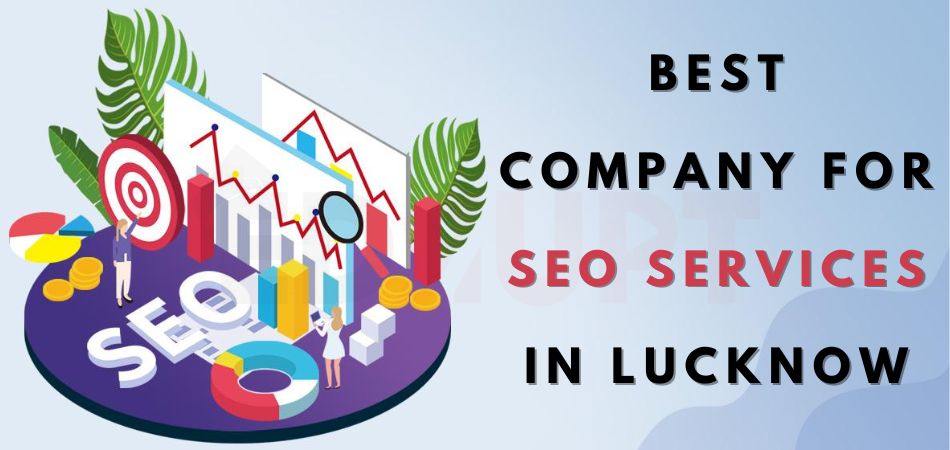Benefits of Pursuing a Digital Marketing Course
Introduction to Digital Marketing
Welcome to the world of digital marketing, where businesses thrive in the online realm. In this digital era, having a strong online presence and effectively reaching target audiences has become essential for any organization’s success. This article will provide you with a comprehensive overview of the key concepts, strategies, and techniques in digital marketing. Whether you are a marketing professional looking to expand your skillset or an aspiring digital marketer eager to kickstart your career, this guide will equip you with the knowledge and insights needed to navigate the ever-evolving landscape of digital marketing.
What is Digital Marketing?
In a nutshell, digital marketing is the art and science of promoting products or services using digital technologies. It involves various online channels such as search engines, websites, social media, email, and mobile apps to connect with potential customers.
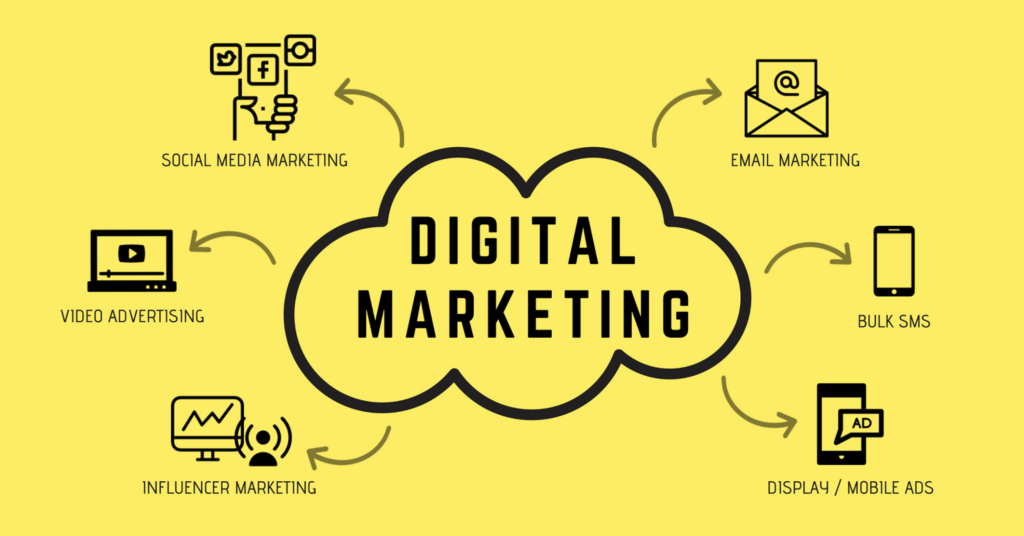
Importance of Digital Marketing in Today’s Business Landscape
In today’s digital age, having a solid online presence is crucial for businesses of all sizes. Digital marketing offers a cost-effective and measurable way to reach a wider audience, build brand awareness, generate leads, and ultimately drive conversions. It allows businesses to target their ideal customers more effectively and track the performance of their marketing efforts in real-time, enabling continuous improvement and optimization.
Benefits of Pursuing a Digital Marketing Course
Thinking of diving into the world of digital marketing? Enrolling in a digital marketing course can equip you with the necessary knowledge and skills to excel in this ever-evolving field. From understanding consumer behavior and developing effective strategies to mastering various digital channels, a digital marketing course can open doors to exciting career opportunities and help you stay ahead in a highly competitive industry.
Key Concepts and Strategies in Digital Marketing
Target Audience and Buyer Personas
To succeed in digital marketing, it’s essential to identify and understand your target audience. Creating buyer personas – fictional representations of your ideal customers – can help you tailor your marketing efforts to their specific needs, preferences, and behaviors. By knowing who you’re targeting, you can craft compelling messages and deliver them through the right channels.
Marketing Funnel and Conversion Optimization
The marketing funnel is a framework that visualizes the customer journey, from initial awareness to eventual conversion. Understanding each stage of the funnel – awareness, consideration, and decision – can guide your marketing strategies and ensure a seamless experience for potential customers. Conversion optimization techniques like A/B testing and user experience enhancements help maximize your chances of turning leads into loyal customers.
Branding and Positioning in the Digital Space
In the vast digital landscape, standing out from the crowd is crucial. Building a strong brand identity and positioning yourself effectively in the digital space can help attract and retain customers. Consistent messaging, compelling storytelling, and differentiation from competitors are key elements to consider when establishing your online brand presence.
Understanding the Digital Marketing Landscape
Overview of Different Digital Marketing Channels
Digital marketing offers a wide array of channels to connect with your audience. From search engine optimization (SEO) to social media marketing, email marketing to content marketing, understanding the strengths and uses of each channel can help you develop a comprehensive marketing strategy that leverages the appropriate channels for your goals.
Differentiating Between Owned, Earned, and Paid Media
In digital marketing, there are three main types of media: owned, earned, and paid. Owned media refers to the channels you have control over, such as your website and social media profiles. Earned media refers to the organic exposure and mentions your brand receives through word-of-mouth or online sharing. Paid media, on the other hand, involves paid advertising on various platforms. Understanding the differences between these types of media can help you effectively allocate your marketing resources.
Trends and Emerging Technologies in Digital Marketing
Digital marketing is a fast-paced industry that constantly evolves. Staying up-to-date with the latest trends and emerging technologies is essential to ensure your marketing efforts remain effective. From artificial intelligence and chatbots to voice search and video marketing, being aware of these developments can give you a competitive edge and help you reach your target audience in innovative ways.
Effective Social Media Marketing Techniques
Creating a Social Media Strategy
Social media has become an integral part of digital marketing. Creating a solid social media strategy involves defining your goals, identifying your target audience, selecting the right platforms, and developing engaging content. A well-thought-out strategy can help you build brand awareness, engage with your audience, and drive traffic to your website.
Choosing the Right Social Media Platforms
Not all social media platforms are created equal, and it’s crucial to choose the ones that align with your target audience and marketing objectives. Whether it’s Facebook, Instagram, LinkedIn, Twitter, or YouTube, understanding the demographics, features, and engagement patterns of each platform can help you make informed decisions and reach your desired audience effectively.
Content Creation and Engagement on Social Media
The success of your social media marketing efforts greatly depends on the quality and relevance of your content. Creating compelling visuals, writing captivating captions, and utilizing storytelling techniques can help you grab your audience’s attention. Engaging with your audience through likes, comments, and shares is equally important, as it fosters a sense of community and encourages brand loyalty. Remember, social media is not a one-way street. It’s all about building relationships and creating meaningful interactions with your followers.
So there you have it – a crash course on digital marketing! Whether you’re a business owner looking to expand your online presence or an aspiring marketer seeking to skill up, understanding the key concepts and strategies in digital marketing can set you on the path to success. Just remember to stay curious, adapt to changes, and inject your unique personality into your digital marketing endeavors. Happy marketing!
Search Engine Optimization (SEO) and Content Marketing
Understanding SEO and Its Importance
Search Engine Optimization, or SEO, is the secret sauce behind getting your website to appear at the top of search engine results. It’s like making your website stand out in a crowded room. With SEO, you optimize your website’s content and structure so that search engines like Google can easily find and understand it. By doing this, you increase the chances of your website ranking higher in search results, driving more organic traffic and potential customers to your site.
Keyword Research and On-Page Optimization
Keyword research is like detective work for digital marketers. It involves finding the most relevant and valuable keywords that people are searching for. Once you have your target keywords, you sprinkle them strategically throughout your website’s content, titles, meta descriptions, and headings. This on-page optimization helps search engines understand what your website is all about and allows them to match it with relevant search queries.
Content Marketing Strategies for Improved SEO
Content marketing is all about creating valuable and engaging content that attracts and retains your audience. When it comes to SEO, content is king. By producing high-quality content that incorporates your target keywords and provides answers or solutions to your audience’s queries, you not only improve your website’s visibility but also establish yourself as an authority in your industry. Remember, great content is like a magnet for both search engines and humans.
Email Marketing and Customer Relationship Management (CRM)
Building an Effective Email Marketing Campaign
Email marketing is like having a direct line to your target audience’s inbox. It’s a powerful tool for building and nurturing relationships with your customers. To create an effective email marketing campaign, you need to have a clear goal, segment your audience, and craft personalized and engaging emails that provide value. Whether it’s promoting your latest products, sending helpful tips, or just staying in touch, email marketing allows you to connect with your audience on a more personal level.
Using CRM Systems to Enhance Customer Relationships
Customer Relationship Management (CRM) systems are like your personal assistant for managing your customer relationships. They help you keep track of your contact information, interactions, and preferences. By leveraging CRM systems, you can better understand your customers, provide personalized experiences, and improve customer satisfaction and retention. It’s like having a cheat sheet to make your customers feel heard and valued.
Personalization and Automation in Email Marketing
Personalization and automation go hand in hand in the world of email marketing. With personalization, you can tailor your emails to specific individuals or segments based on their preferences, behavior, or demographics. This level of customization makes your emails more relevant and engaging, increasing the chances of conversion. When it comes to automation, you can set up workflows and triggers to send targeted emails at the right time, ensuring that your messages reach your audience when they’re most likely to engage.
Analyzing Data and Measuring Digital Marketing Success
Importance of Data Analysis in Digital Marketing
Data analysis is like having X-ray vision for your digital marketing efforts. It allows you to uncover valuable insights about your audience, their behavior, and the performance of your campaigns. By analyzing data, you can make informed decisions, identify areas for improvement, and optimize your strategies to achieve better results. It’s like having a crystal ball to know what works and what doesn’t.
Key Metrics and Tools for Measuring Success
In the world of digital marketing, metrics are the heartbeat that tells you how well your campaigns are performing. Key metrics like website traffic, conversion rates, click-through rates, and engagement metrics provide valuable insights into the effectiveness of your strategies. To measure and track these metrics, you can leverage various tools like Google Analytics, social media analytics, and email marketing platforms. These tools give you the superpower to monitor your success and make data-driven decisions.
Interpreting and Applying Analytical Insights
Interpreting analytical insights is like decoding a secret message. It’s not just about collecting data; it’s about understanding what it means for your digital marketing strategy. By interpreting the data, you can gain valuable insights into customer preferences, identify trends, and uncover opportunities for growth. Armed with this knowledge, you can make data-backed decisions and fine-tune your marketing efforts to achieve even better results. It’s like being the Sherlock Holmes of the digital marketing world.
Implementing and Optimizing Digital Marketing Campaigns
Planning and Executing Digital Marketing Campaigns
Planning and executing a digital marketing campaign is like orchestrating a symphony. It involves defining your goals, identifying your target audience, selecting the right channels, and creating a cohesive strategy. With a well-crafted plan, you can effectively reach and engage your audience, generate leads, and drive conversions. It’s like conducting an epic performance that leaves a lasting impression.
Testing and Optimization for Better Results
Testing and optimization are like fine-tuning your digital marketing campaigns for maximum impact. By constantly testing different elements of your campaigns, such as headlines, visuals, calls to action, or landing pages, you can gather data on what works best for your target audience. With this information, you can optimize your campaigns, making small adjustments that lead to big improvements in performance. It’s like being a mad scientist, experimenting and refining until you achieve marketing greatness.
Staying Up to Date with Latest Trends and Innovations
In the fast-paced world of digital marketing, staying up to date with the latest trends and innovations is like being a cool kid at the party. It’s essential to keep tabs on emerging technologies, social media platforms, algorithm updates, and consumer behaviors. By staying informed, you can adapt your strategies, seize new opportunities, and stay one step ahead of the competition. It’s like having a secret weapon that keeps you ahead in the digital marketing game.
Now that you have a sneak peek into the exciting world of digital marketing, it’s time to dive deeper and unlock your full potential. So, grab your digital marketing cape and get ready to conquer the online realm!
As you conclude your journey through this comprehensive digital marketing course, you are now equipped with the essential knowledge and strategies to excel in the digital marketing landscape. Remember, digital marketing is a dynamic field that constantly evolves, so it is crucial to stay updated with the latest trends and technologies. Embrace the power of digital marketing and leverage its potential to drive growth, engage audiences, and achieve your marketing goals. With your newfound expertise, go forth and make a lasting impact in the digital realm!
FAQ
Who can benefit from a digital marketing course?
A digital marketing course is beneficial for a wide range of individuals, including marketing professionals looking to expand their skillset, entrepreneurs aiming to promote their businesses online, students pursuing a career in marketing or communication, and anyone interested in learning about the strategies and techniques involved in digital marketing.
Do I need any prior experience or knowledge in marketing?
No prior experience or knowledge in marketing is required to benefit from a digital marketing course. These courses are designed to cater to beginners as well as individuals with some marketing background. The course will introduce you to the fundamental concepts and provide you with practical insights to build your skills from scratch.
How will a digital marketing course help me in my career?
A digital marketing course offers numerous advantages for your career. It equips you with in-demand skills and knowledge that are highly sought after in today’s digital-centric business landscape. With expertise in digital marketing, you can enhance your job prospects, explore new career opportunities, advance within your current role, or even start your own digital marketing consultancy or agency.
Are digital marketing courses only theoretical or do they provide practical knowledge?
Digital marketing courses strive to provide a balance between theoretical knowledge and practical application. While you will gain a solid understanding of the fundamental concepts and strategies, these courses typically include hands-on exercises, case studies, and real-world examples to help you apply the knowledge practically. Additionally, some courses may offer opportunities for internships or practical projects to further enhance your practical skills.



